Graham Reid | | 2 min read
Intifada
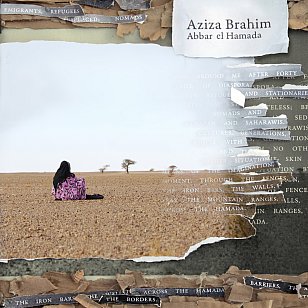
The final track on this moving album could not be more timely. It is Los Muros/The Walls and the lyrics in an English translation run in part, “Because of the exile caused by the walls I'm expressing my identity in the verses of this song. This wall that you've erected in a criminal way with interference and injustice is designed to segregate”.
The irony is that because of our concerns about the awfulness of President Donald Trump's regime the “wall” that probably comes to mind is the one he wants to build on the southern border with Mexico.
But singer Aziza Brahim may be speaking of another wall, that which runs between Israel and the Palestinian territories, a long established wall designed not just to segregate but to intimidate those Palestinians who are obliged to pass through it for work or family reasons.
Or the walls may be more metaphorical, those between peoples . . . and she knows a lot about that.
Brahim – now 40 – was born and grew up in Saharawi refugee camps in Algeria after her family fled the Moroccan occupation of the Western Sahara.
She was later educated in Cuba (that wall seems to be coming down) but returned to the camps when she couldn't continue her music studies. She sang, joined the band Leyoad which toured Europe, and then settled in Spain where she founded her own group which explored traditional Saharawi music and contemporary rock.
She worked with Basque musicians (another group on the other side of a metaphorical wall) and those from Mali. All the time she was building bridges, not walls.
Needless to say Los Moros/The Wall is an ineffably sad song (it could of course burn with fury) and this album is tellingly dedicated to “my people, after forty years of occupation, exile and diaspora”.
These days she is an acclaimed musician who has appeared on the Jools Holland show, and tours with her band . . . and they are coming to the Taranaki Womad.
On the evidence of this album they will be a must-see, and doubtless their stories worth hearing.
Although she has much to be angry about, Abbar el Hamada/Across the Hamada mostly strikes a conciliatory tone in its intricate music which weaves acoustic and electric guitars (in Spanish and Malian styles) and her band here are drawn from Spain and various parts of North Africa, with producer Chris Eckman adding organ to El wad/The River.
Lyrically however Brahim speaks of fading hopes for peace, the desert wind carrying the laments of the dead or oppressed into the sky, love for her homeland which she will never renounce and the defiant and courageous youth of the intifada.
However she also finds space to enjoy the beauty of life in which she finds solace and optimism (the title track, The River, Streets of Dakhla).
Politics with a heart can be difficult to pull off but Brahim never resorts to sloganeering, stridency or bullet-points.
The poetry of her lyrics (translated in the artfully presented booklet) and the subtle music which seduces with warmth and weaving melodies – discreet touches of jazz inflections here and there – bring this one home with grace and intelligence.
For details on Womad artists and booking information go here.
.
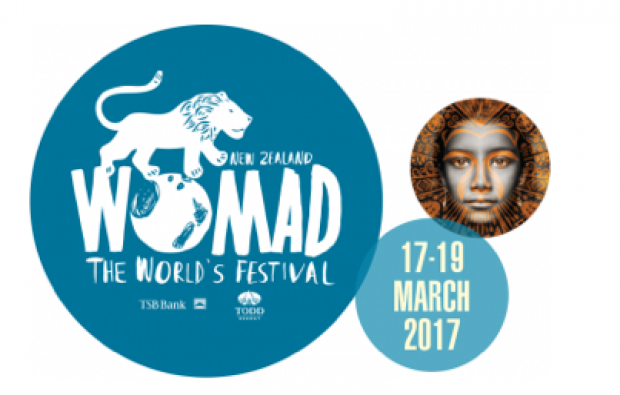

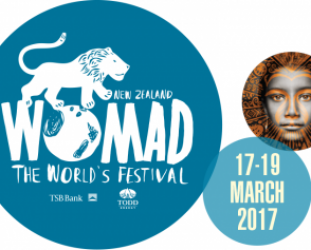

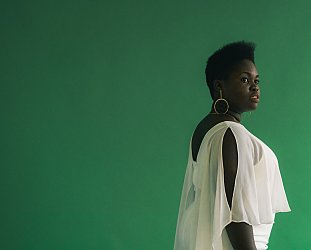

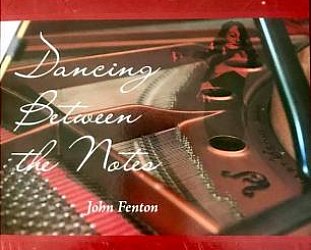
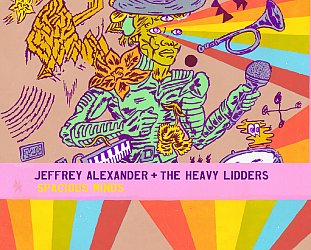
Robert Harvey - Mar 13, 2017
Is she any relation to Anouar Brahim? I have a couple of his CDs on ECM.
SaveJust wondered -- he's great.
Fred Muller - Mar 13, 2017
Not likely - you're probably thinking of Anouar Brahem.
Savepost a comment